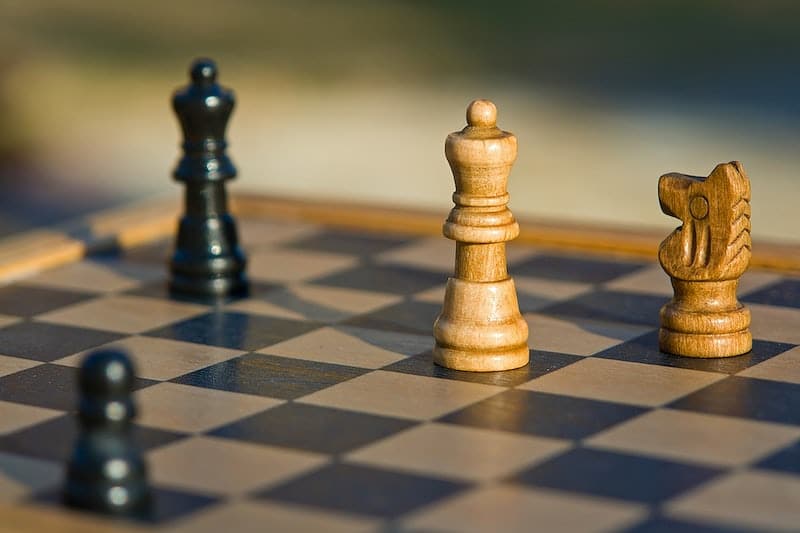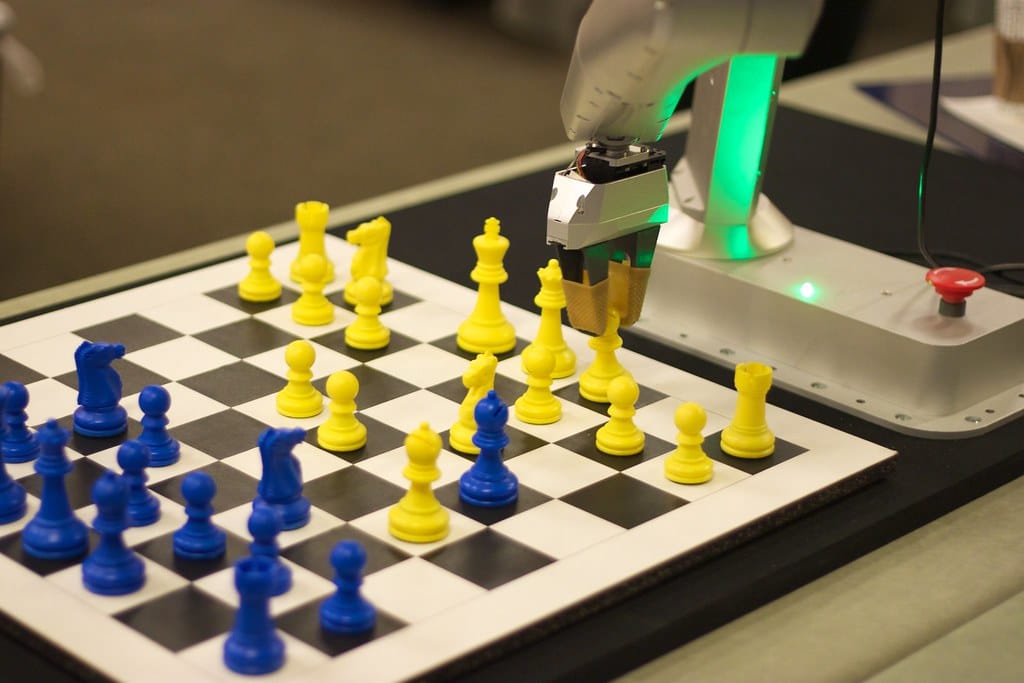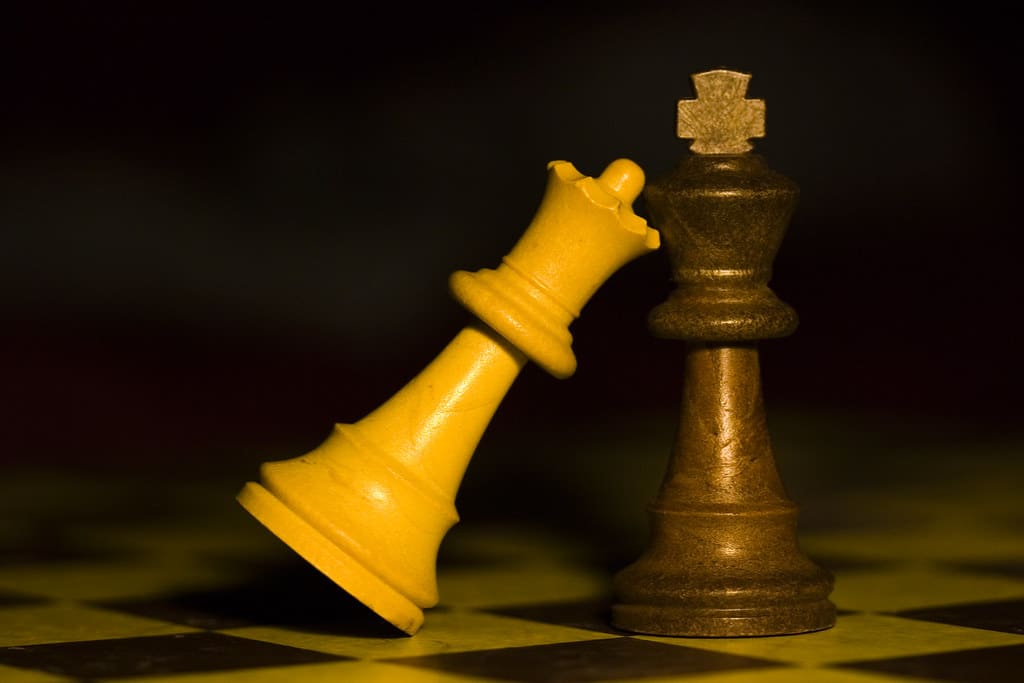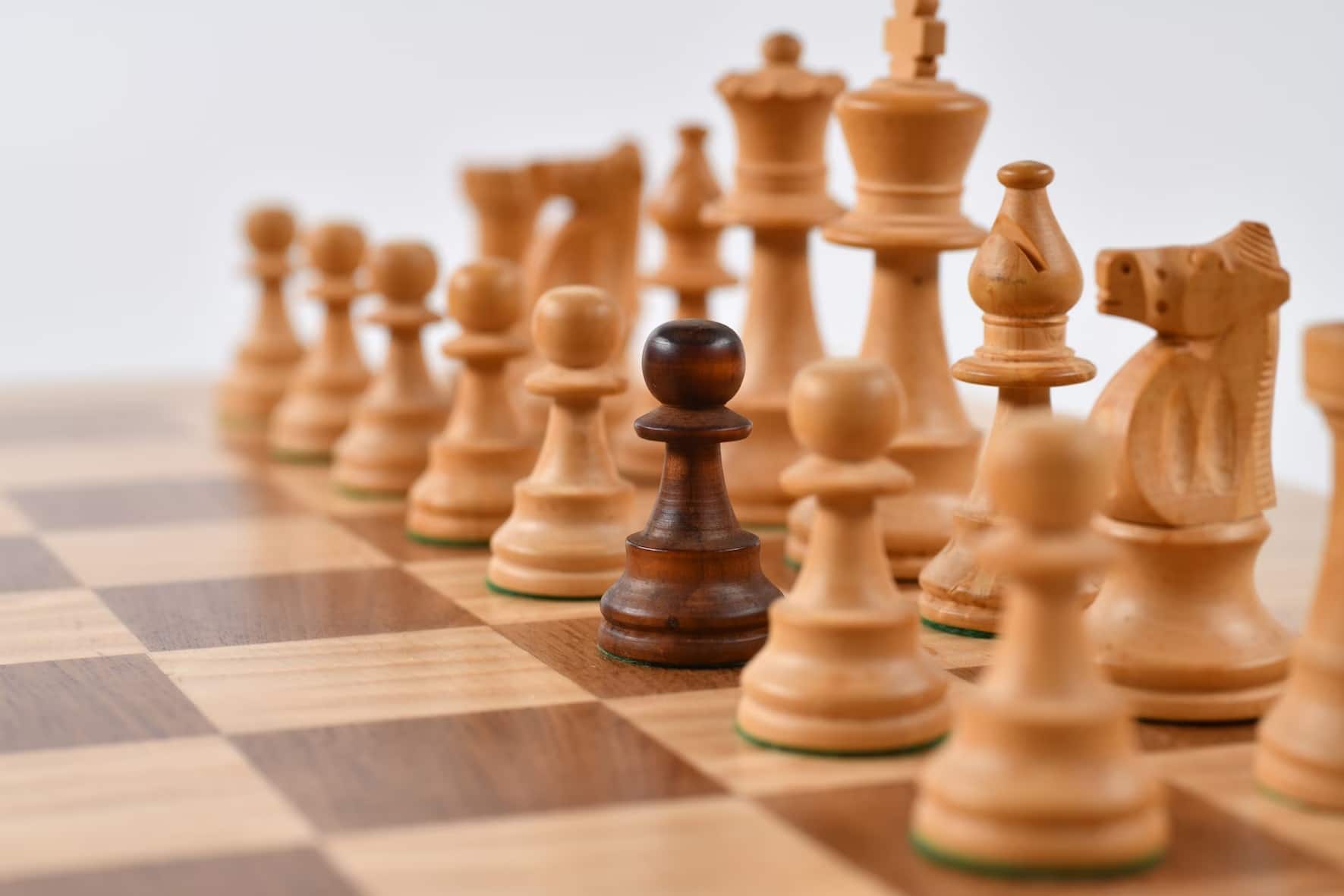Cheating on chess is nothing new. Unfortunately, it is becoming increasingly common, as technology advances and players become more desperate to gain an edge. Fortunately, there are ways to detect and prevent cheating in chess. This article will discuss the various methods of cheating in chess, how to detect it, and ways to prevent it.
Table of Contents
Types of Cheating in Chess: Cheating on chess
Cheating on chess can take many forms. Players may use hidden communication to tell their partner what moves to make, or use computer assistance to gain an unfair advantage. Some players may even use physical items, such as magnets, to manipulate pieces on the board. Below is a list of the most common methods of cheating in chess:
- Hidden communication
- Computer assistance
- Magnetic manipulation
- Illegal moves
These are just a few of the ways a player may try to cheat. The methods may vary, but the goal is always the same – to gain an unfair advantage.
Cheating on chess is illegal and is considered a form of cheating. It involves manipulating a game in order to gain an unfair advantage. Players can use physical objects, such as mobile phones, to gain information about their opponent's moves.
Cheating can also be done by playing the game in an unethical way. This includes cheating moves such as:
- Using computer-assisted analysis of moves
- Using a chess clock to gain extra time
- Misleading opponents about their moves
- Coaching during the game
Cheating can result in penalties for players. These can range from a warning to disqualification from the tournament. It is important for players to understand that cheating is not tolerated and can result in serious consequences.

Cheating on chess is a serious problem, and players must be aware of the potential consequences. The best way to prevent cheating is to ensure that all players have a fair and equal chance at winning. This can be done by ensuring that all players have access to the same resources and that there is no external manipulation of the game.
How common is chess cheating? Cheating on chess
Cheating on chess is not as common as one might think. There are many ways to cheat, such as using a computer to analyze moves, using secret communication, or using outside help. However, there are also a few cases where players were caught cheating in major tournaments.
Cheating on chess can have severe consequences, including being banned from tournaments and chess organizations, as well as fines and other sanctions. To prevent this, tournaments often use anti-cheating methods, such as electronic devices, random searches, or surveillance cameras.
Chess cheating is relatively rare, but it can still occur in both online and offline tournaments. Players should always be aware of the possibility of cheating and take precautions to ensure fair play.

Who got caught cheating in chess?
Cheating in chess has been present since the game was invented. In recent years, many players have been caught using various methods to gain an advantage. The most common methods used are computer assistance, colluding with other players, and using physical objects to gain information.
In 2019, a grandmaster from Ukraine was caught using a device that vibrated whenever a strong move was available. Later that year, another grandmaster from Russia was caught receiving help from a computer program. In 2020, a French grandmaster was caught using a special chessboard which had sensors to detect the opponent's pieces.
Cheating in chess can also occur through colluding with other players. In 2018, two players were caught communicating with each other during their game. In 2020, two players were found to have exchanged information before their game.
Cheating in chess is considered a serious offence and can result in disciplinary action. In some countries, it is even a crime. The World Chess Federation has strict rules and regulations in place to ensure fair play.
How can you tell if a player is cheating in chess?
Cheating in chess can take many forms. One way to tell if a player is cheating is to look for suspicious behavior, such as sudden changes in play style, moving pieces quickly and carelessly, or avoiding eye contact with their opponent. It is also important to look out for signs of collaboration between players, such as whispering or nodding to each other.
Using a computer to play chess is an even more obvious form of cheating. Players may use hidden bluetooth earpieces to communicate with a computer, or a computer may be hidden inside a chess set. Another form of cheating is to move pieces without actually touching them, known as “ghosting.”
There are also more subtle forms of cheating, such as colluding with a third party or having access to another player's moves. If a player seems to have an uncanny knowledge of the opponent’s strategy, this could be a sign of cheating. Furthermore, if the same player keeps winning tournaments, it may indicate they are cheating.
Cheating on chess is not to be underestimated. It can have serious consequences on the sport and its players, leading to unfair and unsportsmanlike behavior. Here are some of the consequences:
- Cheaters may receive unfair rewards.
- Cheating can lead to players being banned from tournaments.
- Cheating can cause a loss of trust and respect between players.
Cheating on chess is not a game. It is a serious offense that can have far-reaching consequences. Therefore, it is important to take all necessary measures to protect the game from cheaters and ensure that everyone is playing fairly.
If you liked this, you should read about Best Chess Openings.








